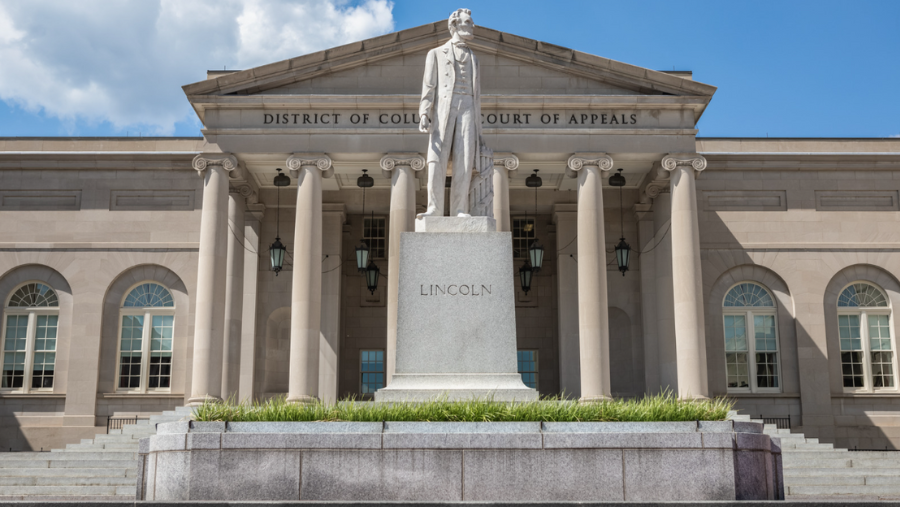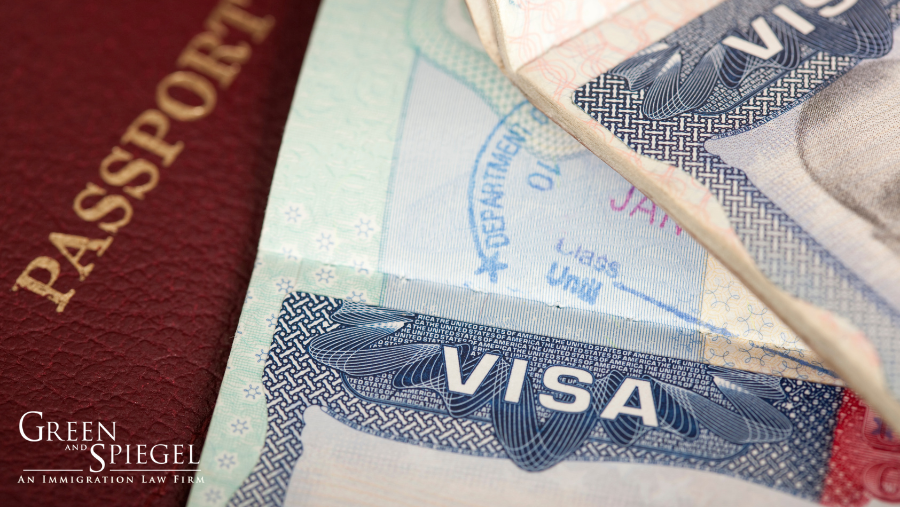On August 2, 2024, the U.S. Court of Appeals for the District of Columbia affirmed a lower court’s ruling that the U.S. Department of Homeland Security (“DHS”) is authorized to grant Employment Authorization Documents (“EAD”) to H-4 dependent spouses unable to gain U.S. Lawful Permanent Residence due to visa backlogs. The three-judge panel held that the Plaintiff, a consortium of U.S. tech workers known as Save Jobs USA, failed to distinguish this matter from a prior D.C. Circuit Court of Appeals decision that affirmed DHS’ authority to issue EADs on similar grounds, thereby allowing the Court to endorse the lower court’s decision in favor of the respondents on summary judgment. In addition, the D.C. Circuit Court of Appeals was not persuaded by recent arguments that the U.S. Supreme Court’s disposal of Chevron deference should caution the judges’ acceptance of DHS’ interpretation of the Immigration and Nationality Act’s (“INA”) authority in this instance, noting that said interpretation was itself a plain and reasonable reading of the statute and therefore not based on Chevron. A copy of the ruling can be found here.
Long-targeted by pockets of U.S. workers and the previous administration since its creation in May 2015, H-4 Visa holders whose H-1B spouses cannot apply for U.S. Lawful Permanent Residence due to the unavailability of an Immigrant Visa are permitted to apply for EADs. This extension of EADs for H-4 spouses theretofore unable to obtain permission to work in the United States has propelled approximately 90,000 families to be dual-earning households while waiting for their H-1B worker’s priority date to become current, easing the financial, emotional, and logistical stress stemming from supporting a family on one income.
Prior to this measure, it was not uncommon for H-4 spouses to return to their home countries, thereby splitting-up their families, because of their inability to work in the United States. Anecdotally, many families – primarily, those from India and China – even decided to abandon their Green Card processes and return to their home countries based on the prospect of the H-4 spouse’s inability to work outside the home while awaiting positive movement in the Visa Bulletin. Thanks to H-4 EADs, whose champions include Amazon and Google, amongst other multinational companies, neither H-4 spouses nor the primary H-1B Visa holders need to return home to support themselves and their families, and instead, may pursue their personal and professional goals together within the United States. Now that priority dates for more foreign nationals have retrogressed, the H-4 EAD may be further utilized to promote family unity and retain high-skilled workers in the United States for H-1B and H-4 Visa holders from around the world.
If you have any questions regarding your H-4 EAD, please do not hesitate to contact our office.





